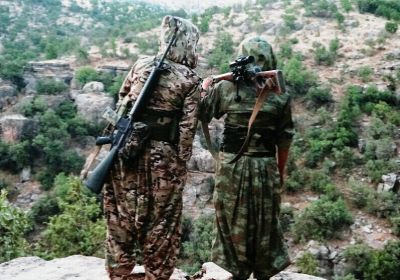
In a recent escalation of the Recep Tayyip Erdoğan regime’s ongoing war against Kurds, the Turkish armed forces has deployed about 1000 troops and 300 tanks and armoured vehicles in Duhok province in Iraqi Kurdistan, reports Peter Boyle.

In a recent escalation of the Recep Tayyip Erdoğan regime’s ongoing war against Kurds, the Turkish armed forces has deployed about 1000 troops and 300 tanks and armoured vehicles in Duhok province in Iraqi Kurdistan, reports Peter Boyle.
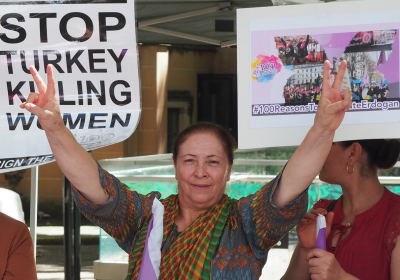
Kurdish community in Sydney calling on the United Nations to prosecute Turkish dictator Recep Tayyip Erdoğan for crimes against women in the occupied canton of Afrin, reports Peter Boyle
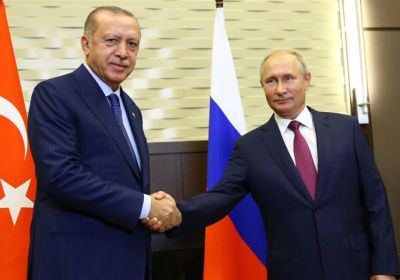
Russian president Vladimir Putin, the main backer of Syrian dictator Bashar al-Assad, met with Turkish president Recep Tayyip Erdogan, which has supported the rebels seeking to overthrow Assad, in the southern Russian town of Sochi on September 17.
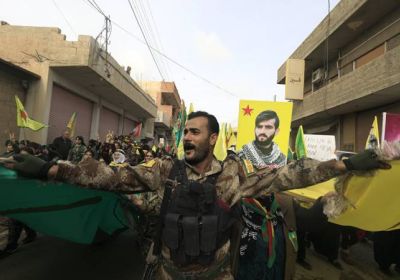
The Assad regime and its allies have been building up their forces around the rebel-held Idlib province, in Syria’s north-west, in preparation for a major offensive. Some bombing raids have already been carried out in the south and west of the province.
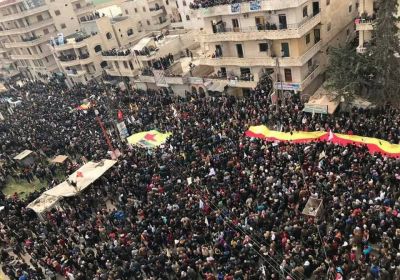
Thousands of solidarity activists from all across the Democratic Federation of Northern Syria defied a threat of bombardment by the Turkish State on February 6 to stand in solidarity with the resistance in Afrin.